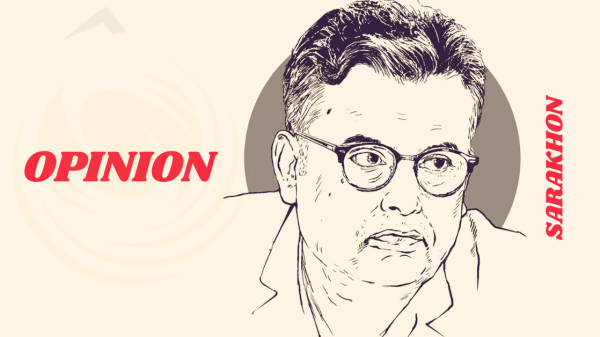Why South Korea’s Gen Z is Turning Away from Public Service

- Update Time : Monday, December 2, 2024

Young Koreans, especially Gen Z and millennials, are leaving public sector jobs at an alarming rate. Despite job security and stable pensions, low wages, rigid work environments, and outdated organizational practices are pushing them to explore alternative careers.
Declining Appeal of Public Service

Public sector employment in South Korea has lost its charm for younger generations. While previous generations valued job stability, today’s youth demand competitive salaries and dynamic work cultures. Between 2018 and 2022, nearly 29,000 public servants with less than five years of service resigned. This trend is further evidenced by a sharp drop in applicants for government exams, with the grade 9 civil service exam hitting its lowest competition rate since 1992.
Government Responds with Wage Hikes
To address the exodus, South Korea’s public servant salary committee has approved a 3% wage increase for 2025, the highest since 2017. While this improvement is a step forward, real wages have consistently declined due to inflation, further deepening dissatisfaction among young workers.
Cultural Reforms in the Workplace

Acknowledging the need for a modernized approach, the government has introduced measures to transform the rigid organizational culture. A newly formed committee of young officials recommended changes, including:
- Prohibiting forced overtime.
- Respectful and considerate communication.
- Fair allocation of responsibilities.
- Encouraging flexibility in vacation and leave plans.
New Incentive Programs

Local governments are also stepping up. Daegu Metropolitan City has introduced long-term service leave for younger officials, previously reserved for senior staff. Similarly, Yongin has launched special leave programs for new hires to boost morale and retention.
A Balancing Act for the Future
As South Korea grapples with retaining young talent in public service, it must balance salary improvements with meaningful cultural reforms. These changes aim to make public sector jobs more appealing to a generation seeking flexibility, fairness, and growth opportunities.










Leave a Reply